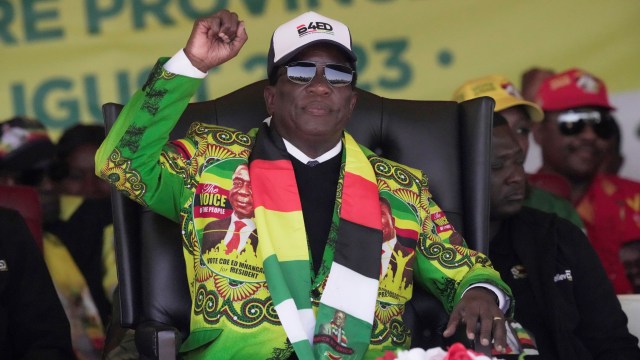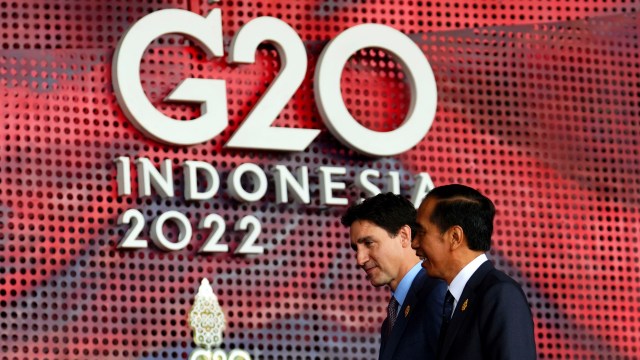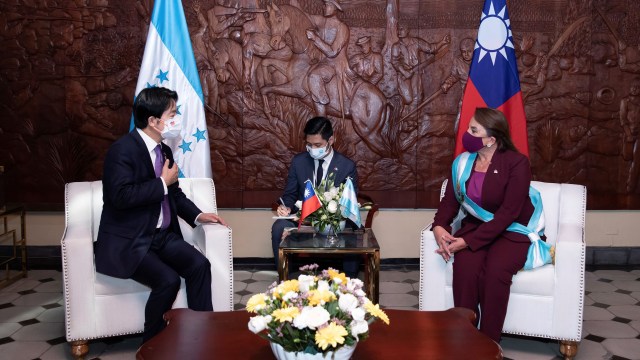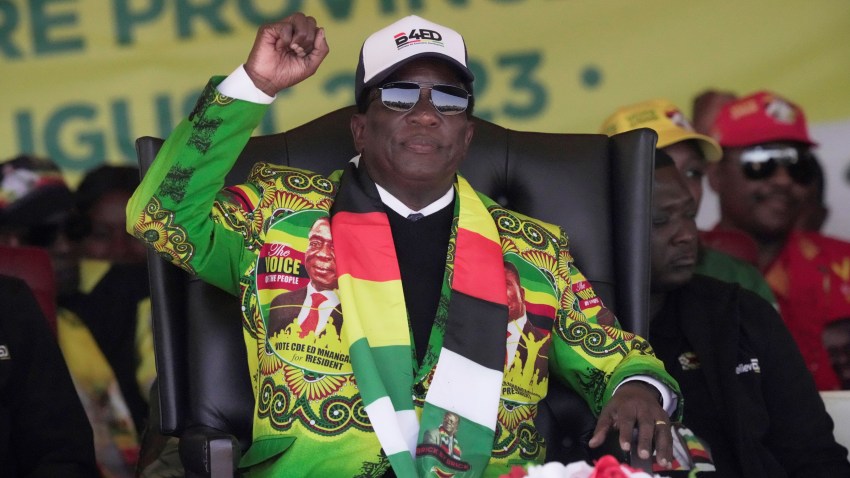Hello, everyone. Today at WPR, we’re covering tomorrow’s general election in Zimbabwe and the coming month’s marathon of multilateral meetings.
Now, here’s our take on today’s top stories:
Thailand and Cambodia: Two new prime ministers take power today in Southeast Asia. Thailand’s parliament selected Srettha Thavisin, a real estate tycoon, as premier after a three-month delay, while in Cambodia, Hun Manet will form a government after his father, Hun Sen, stepped down after leading the country for more than 38 years. (New York Times & Bloomberg)
Our Take: The selection of Srettha as Thailand’s prime minister caps a months-long political drama stretching back to the country’s general election in May, when the progressive Move Forward party finished first, offering a stunning rebuke to the country’s ruling military junta.
Srettha Thavisin, however, is notably not a member of Move Forward. That party’s candidate was unable to gain enough support in Thailand’s parliament—which includes a military-backed Senate—to win the premiership himself. Instead, the ruling coalition will now be led by Pheu Thai, a populist party considered more acceptable to conservative elites and the military, and won’t include Move Forward.
That means that an election which was seen as a rejection of the military junta has resulted in a government with the junta’s stamp of approval, leaving many supporters of both Move Forward and Pheu Thai disillusioned. Put simply, the tensions that led Thai voters to demand change remain.
Meanwhile, there are no pretenses in Cambodia that a change in leadership will mean a change in political substance. Hun Sen may have handed the premiership to his son, but he has said openly that he will remain in control behind the scenes—he will remain the head of his party, he will continue as Senate president, and, in his own words, he will “still control politics.”
More context from WPR:
- Joshua Kurlantzick on the “dire shape” of the state of democracy in Southeast Asia.
- Michael Hart on why simply winning the election was never going to be enough to gain power in Thailand.
- Ben Lawrence on how Hun Sen tightened his grip on power.


In Zimbabwe, State Coercion, Voter Apathy Pave Way for Mnangagwa Reelection
When Zimbabwean President Emmerson Mnangagwa overthrew Robert Mugabe in a military-backed coup in 2017, he was hailed by some as the savior of the country’s democracy. Upon election a year later, he promised to deliver a “new dawn” that would restore the country’s prosperity and democracy.
He has not delivered on either of those promises. And yet, despite having little to show from his first full term in office, Mnangagwa is the strong favorite to win an election tomorrow that has so far failed to catch anyone’s imagination.
Simon Allison breaks down what to know heading into tomorrow’s election.
High-Level Summitry Is Increasingly Prominent in International Diplomacy
As the summer vacation season fizzles out, world leaders face a slew of multilateral summits over the coming month. Here’s the schedule:
- Starting today: BRICS summit.
- Starting Sept. 9: G20 summit.
- Starting Sept. 19: U.N. General Assembly

As columnist Richard Gowan writes, this convergence of top-tier international gatherings is unusual. It also raises the question of what all this summiting actually achieves.

Question of the Day: What is the name of the local militia that most recently reignited fighting in the Amhara region of Ethiopia after overrunning much of the area, including the regional capital?
Find the answer in the latest WPR Weekly Quiz, then read Bereket Diriba’s briefing on Ethiopia’s latest battlefield.

The Central American Parliament, which includes six countries in the region, voted on Monday to expel Taiwan as a permanent observer and replace it with China. The move fits into a larger trend. Since 2017, five Central American countries have switched allegiances from Taipei to Beijing as China makes economic inroads throughout Latin America.
As James Bosworth wrote in March, Taiwan is fighting a losing diplomatic battle in Latin America and is essentially left with two choices: continue playing this recognition game, which it is losing, or work with its allies to find a new way to relate to the world.

Taiwan Needs a New Approach in Latin America
March 20, 2023 | Taiwan’s battle for recognition in Latin America is a losing one, especially as China ramps up its investment in the region. Read more.
That’s all for today’s Daily Review. Coming up, we’ve got a column on the differences between the sources of Brexit and Trumpism.
Have a great day,
Jakob Cansler
More From WPR
- James Bosworth on Latin America’s anti-incumbent streak.
- Jamie Hitchen on Sierra Leone’s contested election.
- Bruno Binetti on Argentina’s presidential election.
- Paul Poast on the U.S.-China trade war.

